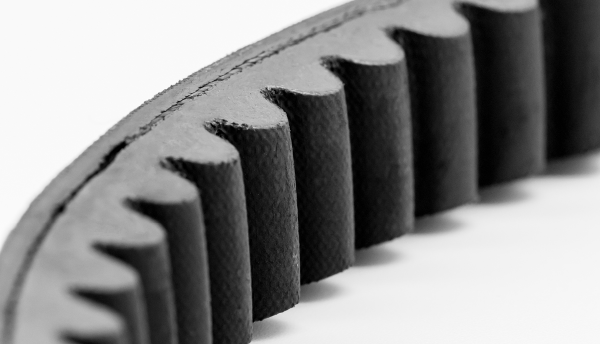
Reports this week have suggested that Bain Capital LLC is in advanced talks to acquire auto parts supplier TI Automotive in a deal approaching USD2 billion. It is the buyout firm's second attempt to buy TI Automotive in the last two years.
News of the potential deal marks a return of private equity money to the automotive industry. In late 2011, Bain was one of the three private equity firms vying for TI Automotive, which makes fuel tanks as well as braking and powertrain components. The sale fell through as financing conditions deteriorated then, but TI Automotive was put on sale again during this summer.
The other two private equity firms that were vying for TI Automotive in 2011 were Carlyle Group LP and Pamplona Capital Management LLP. TI Automotive was picked up by a consortium of hedge funds led by Oaktree Capital Group LLC and Duquesne Capital Management LLC in a 2007 debt restructuring. Hedge fund veteran Stanley Druckenmiller wound down Duquesne in 2010.
Whether this will lead to increased activity from private equity remains to be seen. Much has changed since the global recession of 2008, which saw automakers and suppliers reaching out for sources of cash as lending tightened. In addition, many private equity firms were burned by their experiences in the automotive supply chain; Ripplewood Holdings listed affiliate RHJ International put USD60 million into Metaldyne Corp., which filed for bankruptcy in 2009 after its portfolio company Asahi Tec acquired it. Goldman Sachs and Cypress Group also sank USD318 million of equity into their 2007 purchase of Cooper-Standard.
Generally, the automotive industry is not very attractive for PE firms due to the cyclical nature of business and the low rate of return. PE-owned suppliers are not popular among automakers as they are less willing to capitulate to increasing pricing pressure by OEMs and will fight vehemently for price rises in components supplied to the customers. They are viewed suspiciously by the unions as most of the time they implement ruthless restructuring processes, resulting in huge job losses after acquisition.
They also create uncertainty for OEMs, as private equity firms are generally looking for short term gains and are more likely to leave the industry at the very first opportunity.
More likely though is that this is a one-off deal. As well as the collapsed deal in 2011, TI Automotive had recently reached out to other private equity firms as well as companies in its sector but found little interest. Also, it is not entirely clear if Bain is the only party currently in talks with TI Automotive, which sought second-round bids by late October.
TI Automotive has seen a recovery in its bottom line. The company has earnings before interest, taxes, depreciation and amortization (EBITDA) of around USD400 million, compared with some USD250 million when it was for sale two years ago.
Other private equity deals in the last 12 months involving automotive suppliers include;
- The Hay Group (owned by Gores) acquired Metallumform
- Bain Capital acquired FTE Automotive
- KKR bought Alliance Tire
- A Chinese consortium including private equity bought IEE
- The Jordan Company bought Sequa Automotive Group
- American Securities bought HHI Group
- The Sterling Group bought Dexter Axles
- Crestview Partners and CITIC Capital aquired Stackpole
- Clearlake Capital acquired Futuris Automotive
- City Venture Capital invested in Sansera Engineering








